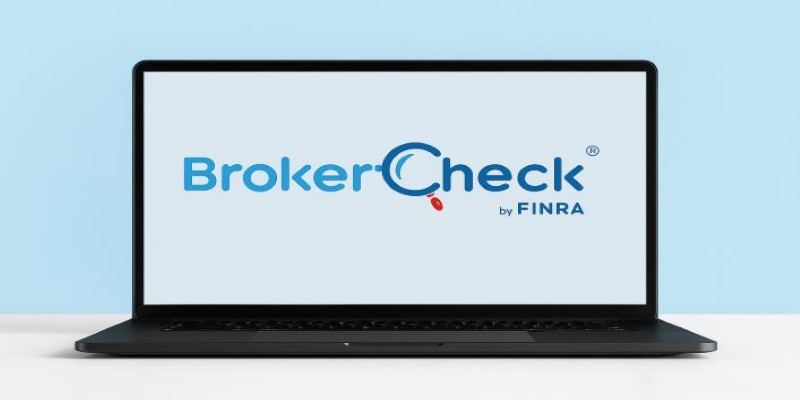Most people assume financial advisors all work at big firms with rigid rules and corporate goals. But there's a different path that gives advisors more freedom in how they run their business and serve their clients. This is where independent broker-dealers come in. They support advisors who want to break away from the traditional setup and build something on their terms.
It’s not about cutting corners or avoiding regulation. It’s about choosing flexibility over formality. These advisors still get access to tools, products, and oversight—but without the pressure of a corporate agenda steering every client conversation.
Understanding the Independent Broker-Dealer Model
An independent broker-dealer allows advisors to operate as independent contractors. They're not employees in a large firm's office but professionals running their own practice. The broker-dealer provides services like trade execution, compliance oversight, and access to financial products, but it doesn't dictate how advisors serve their clients.
This differs from the traditional wirehouse model, where advisors are employees with quotas, branded tools, and limited autonomy. With an independent broker-dealer, advisors can set their schedule, define their strategy, and build client relationships under their brand. They can also choose their own tools, hire their own staff, and rent their own office.
Though independent, they don’t operate without oversight. The broker-dealer ensures that regulations are followed and that the advisor has proper licensing. Think of it as a partnership: one side provides infrastructure and legal backing; the other manages the client's work.
What Advisors Gain by Going Independent?
Many financial advisors make the switch after years in traditional firms. The driving force is often control—over their time, income, and how they serve clients. Independent broker-dealers allow them to create a business that reflects their values and style.

This model lets advisors choose how they’re compensated. Some work on commissions, others on a fee-only or fee-based model. They can offer ongoing planning or investment advice based on what best fits the client. There's no push to sell in-house products, which helps advisors stay client-focused.
Advisors can build a brand that reflects their personality and expertise. They aren't tied to a corporate name or script. They decide how to market their services, engage with clients, and what tools to use.
While independence brings responsibility—paying for office space, staffing, and technology—it also brings higher payout rates. Instead of giving a large chunk of revenue to a firm, they keep more of what they earn. It's a business owner mindset instead of an employee role.
For many, this tradeoff is worth it. They can structure their day around clients instead of meetings, build long-term relationships, and grow something that feels like theirs. It's not without challenges, but the payoff is personal and professional autonomy.
The Role of Independent Broker-Dealers in the Industry
Independent broker-dealers act as the legal and operational backbone for advisors. They hold licenses, handle regulatory filings, and monitor compliance. But they don’t interfere with how an advisor runs their practice. That balance is what makes this structure appealing.
Firms like LPL Financial, Commonwealth, and Raymond James (independent channel) are examples of this model. They provide strong back-end services, but the advisor remains the primary face of clients. The advisor chooses investment products from a wide range—not just what the firm promotes. This avoids many of the conflicts seen in traditional setups.
Another benefit is access to strong technology platforms. These broker-dealers offer tools for portfolio management, reporting, and financial planning. Advisors don't have to sacrifice modern features just because they've gone independent.
Compliance is still a shared responsibility. Independent broker-dealers are subject to oversight from regulatory bodies and make sure advisors operate within legal boundaries. Regular audits and supervision are part of the deal, helping protect the advisor and their clients.
This way, independent broker-dealers give advisors room to operate while keeping everything above board. They're partners—not bosses—and the model works well for those who want freedom without cutting ties to the industry structure.
Considerations for Advisors and Clients
Switching to independence isn't something advisors do overnight. It involves legal paperwork, licensing transfers, and a client transition plan. Many broker-dealers help with this, offering onboarding support and tools to make the move smoother.

Advisors need to consider how they want to structure their business—solo or team-based, niche or broad, fee-based or commission-based. They also need to build a plan for running the back office, managing operations, and staying compliant. It's more work upfront, but it pays off in autonomy.
Working with an independent financial advisor often feels more personal for clients. The advisor isn't tied to a script or focused on sales quotas, so there's more room for tailored advice and creative service models, like virtual planning or monthly subscriptions.
That said, clients should still do their homework. They can check the advisor’s background and the broker-dealer’s track record using tools like FINRA’s BrokerCheck. Independence doesn't guarantee quality but often signals a deliberate choice to build a different client relationship.
This structure offers more choices, fewer conflicts, and a long-term approach to service. It appeals to advisors who want to work differently and clients who want something beyond the standard brokerage model.
Conclusion
Independent broker-dealers allow financial advisors to control their business without losing access to industry tools and compliance support. Advisors can build their brand, set their terms, and focus on what matters to them and their clients. It's a model that favors autonomy over hierarchy. For clients, it can mean more tailored advice and better alignment between needs and services. The advisor is the decision-maker, not a salesperson for a firm's agenda. It's still a regulated, professional setup that runs with fewer layers, greater independence, and more direct relationships. For many, that makes all the difference.












